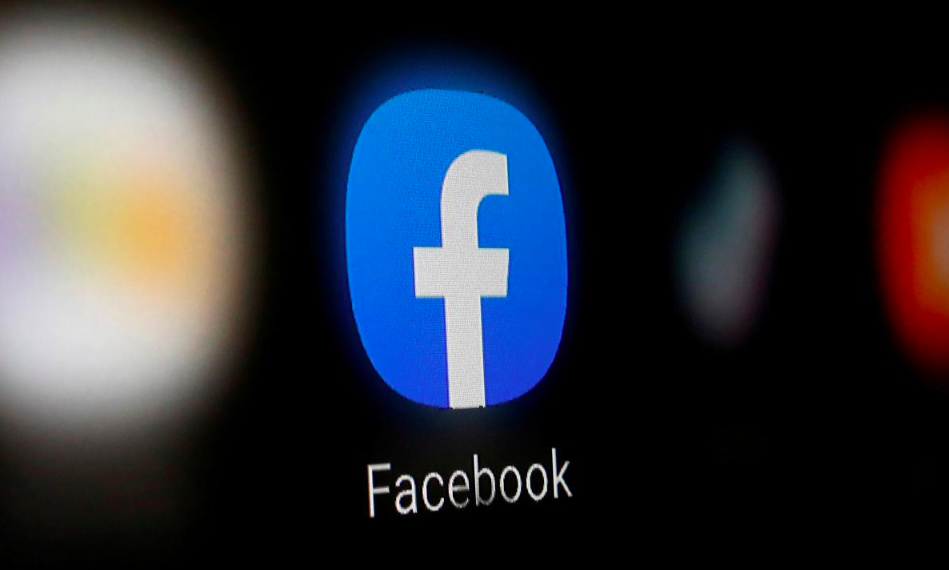SMEs kick up big fuss for Facebook
 |
| SMEs are joining the Facebook ad boycott |
One owner of an online shopping vendor, who wished to be unnamed, told VIR that an increasing number of companies joining the movement have lowered the appeal of advertising on Facebook.
“If the movement continues, we will likely cancel ads on the site,” said the owner.
Indeed, the Facebook Ads system has displeased a majority of SMEs. According to a survey from Weebly, a US-backed web design company, 62 per cent of small businesses say their paid advertisements miss the target with Facebook Ads. They said that the paid adverts on the platform are missing their targets.
Weebly also quoted one small business owner as saying, “We very rarely get sales through Facebook. We feel that Facebook users would rather interact with each other than be sold something. Trying to sell via Facebook is like walking around at a party and passing out business cards trying to sell your products to friends who would rather be socialising than dealing with a sales attempt.”
CNN stated that SMEs provide 94 per cent of Facebook’s revenue. Last year, the platform earned nearly $70 billion in advertising revenue, occupying 98 per cent of the total. Surprisingly, its income did not stem from brands like Coca-Cola or Unilever but SMEs. Some 100 major global brands contributed $4.7 billion, only 6 per cent, of its earnings.
Nicole Perrin, an analyst at US-based market research company eMarketer, said that Facebook has a great many customers advertising on its platform but its revenue has been depending on SMEs instead of giants.
On June 28 when the social media ad boycott exploded, Facebook’s stock value dropped by 8.3 per cent, or nearly $60 billion, within a single day. This figure is forecast to grow as more and more companies join the movement.
Brian Nowak, an analyst at Morgan Stanley, estimated that Facebook may suffer damage of up to $1 billion per month without the ability to enter into co-operation with 100 of the globe’s leading advertisers.
In the case of the campaign lasting more than a month, Facebook’s stock will drop by $1 in value, according to Citi Group. If the social networking site cannot convince the boycotters to return to the partnership, this could extend to up to $17 per share.
According to a report by tech news site The Information, Facebook CEO Mark Zuckerberg does not see the boycott from big brands as a serious threat and is not planning a major response, despite previously promising to change policies regarding hate speech in advertisements. “We’re not going to change our policies or approach on anything because of a threat to a small percentage of our revenue, or to any percentage of our revenue,” he said, according to the news site.
However, organisations promoting the boycott such as Color of Change claimed the act is the result of a “failure to wrestle with the harms Facebook has caused to our democracy and civil rights.”
The campaign is rubbing salt into Facebook’s wounds, which had already suffered a plunge in advertising revenue as clients are tightening their wallets due to the ongoing pandemic. The company cut its expenditure plan for the year by $3 billion to mitigate lost advertising revenue.
What the stars mean:
★ Poor ★ ★ Promising ★★★ Good ★★★★ Very good ★★★★★ Exceptional
 Tag:
Tag:
Related Contents
Latest News
More News
- Foreign leaders extend congratulations to Party General Secretary To Lam (January 25, 2026 | 10:01)
- 14th National Party Congress wraps up with success (January 25, 2026 | 09:49)
- Congratulations from VFF Central Committee's int’l partners to 14th National Party Congress (January 25, 2026 | 09:46)
- 14th Party Central Committee unanimously elects To Lam as General Secretary (January 23, 2026 | 16:22)
- Worldwide congratulations underscore confidence in Vietnam’s 14th Party Congress (January 23, 2026 | 09:02)
- Political parties, organisations, int’l friends send congratulations to 14th National Party Congress (January 22, 2026 | 09:33)
- Press release on second working day of 14th National Party Congress (January 22, 2026 | 09:19)
- 14th National Party Congress: Japanese media highlight Vietnam’s growth targets (January 21, 2026 | 09:46)
- 14th National Party Congress: Driving force for Vietnam to continue renewal, innovation, breakthroughs (January 21, 2026 | 09:42)
- Vietnam remains spiritual support for progressive forces: Colombian party leader (January 21, 2026 | 08:00)






















 Mobile Version
Mobile Version